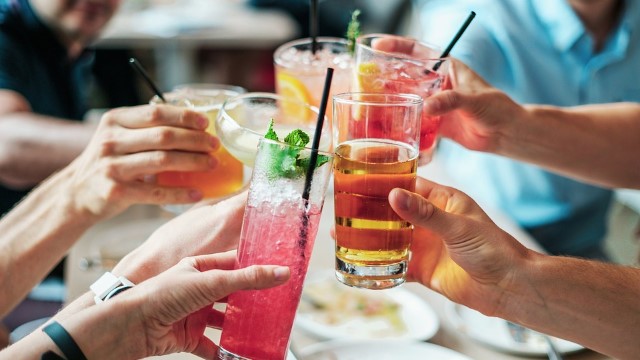 PIXABAY, BRIDGESWARDDifferent types of alcoholic drink are associated with different moods and emotions, according to a study published online earlier this week (November 20) in BMJ Open. Based on online responses from nearly 30,000 people in 21 countries, the analysis found that while spirits were more likely to be linked with feelings of confidence than beer or wine were, they were also tied to feelings of aggression in nearly a third of respondents.
PIXABAY, BRIDGESWARDDifferent types of alcoholic drink are associated with different moods and emotions, according to a study published online earlier this week (November 20) in BMJ Open. Based on online responses from nearly 30,000 people in 21 countries, the analysis found that while spirits were more likely to be linked with feelings of confidence than beer or wine were, they were also tied to feelings of aggression in nearly a third of respondents.
“This study appears to confirm the widely held perception that different drinks produce different emotional responses,” James Nicholls of Alcohol Research UK and Alcohol Concern who was not involved in the study tells HuffPost UK. “Importantly, it is based on survey responses—so it tells us about what respondents expect from drinks, rather than actual physiological effects.”
To explore links between alcohol preference and emotion, researchers in the U.K. made use of data collected in the Global Drug Survey—the world’s largest online questionnaire about drug and alcohol use in adults. Using responses from 18- to 34-year-olds, the team found that reported emotions varied with the type of alcohol consumed, as well as by gender, and level of alcohol dependency.
Men were more likely to report any ...




















